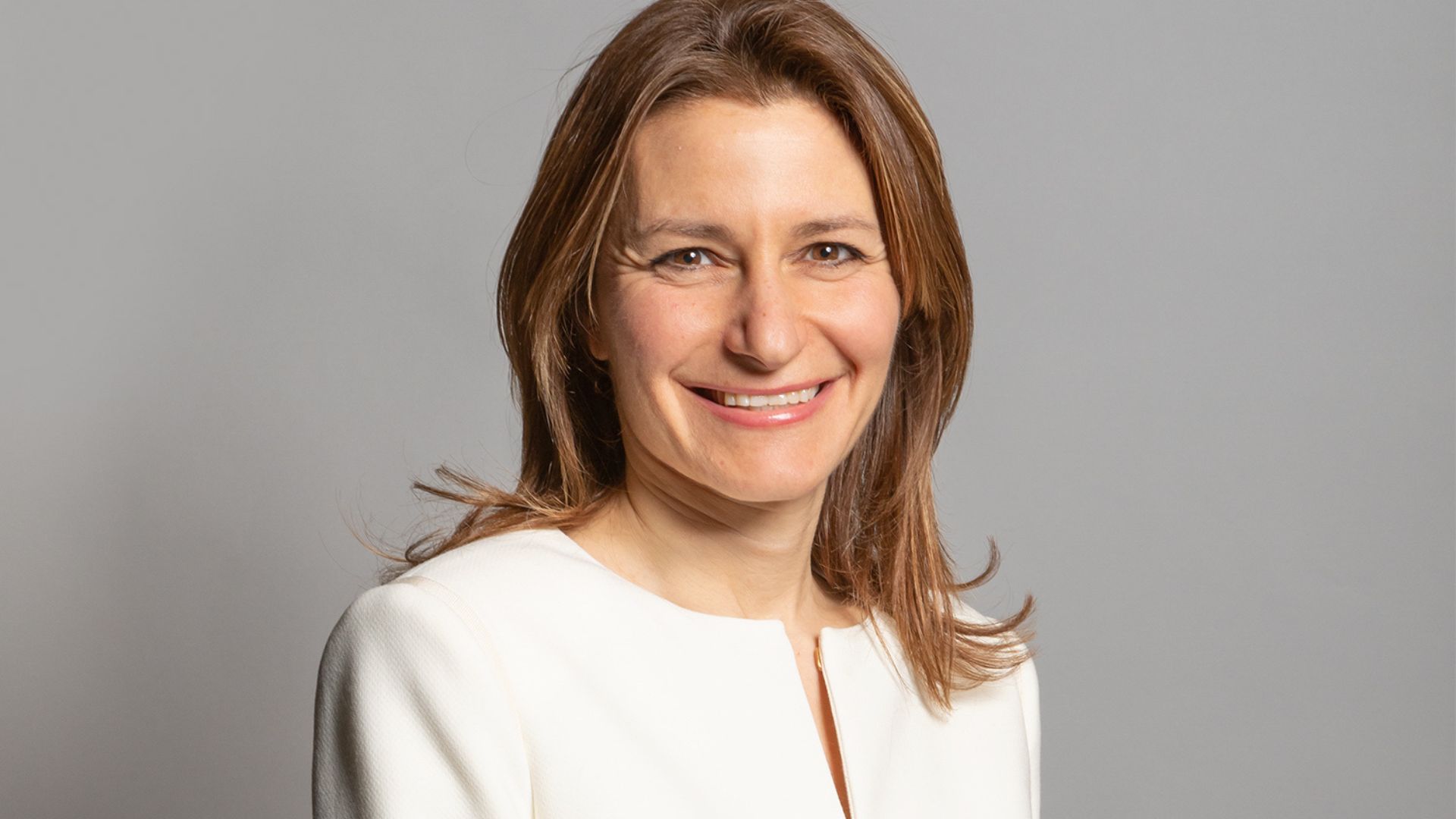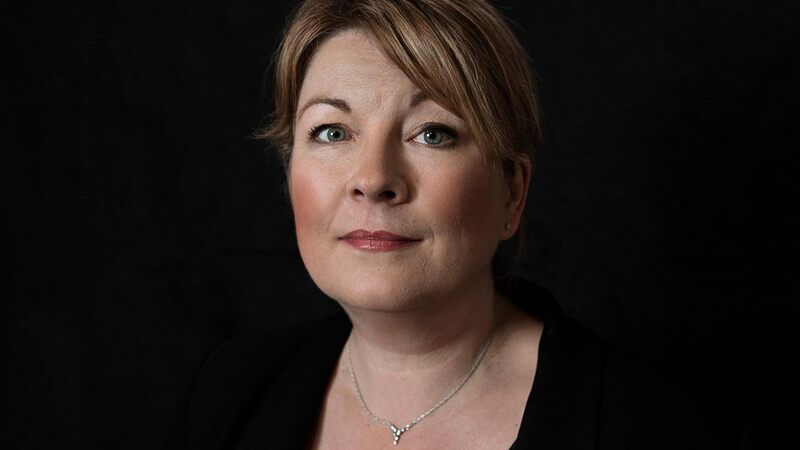You are viewing your 1 free article this month. Login to read more articles.
Government confirms more details of public body review of Arts Council England
The government has revealed more details about the public body review of Arts Council England (ACE), the first such review of ACE since 2017.
It will be led by Dame Mary Archer, the former chairman of the Science Museum Group, who will be aided by an advisory panel “featuring experts from across the arts and cultural sectors, supported by civil servants”, according to a release from the Department of Culture, Media and Sport (DCMS).
DCMS stressed the review is part of standard government process for publicly-funded organisations and “will ensure the Arts Council is supporting high-quality arts and culture for all as effectively as possible”.
It added: “As part of the standard process for reviews of this kind, the review team must identify how Arts Council England could implement 5% of cost savings. It will also assess how Arts Council England is delivering creative excellence in the arts to ensure that the projects it supports are ambitious and high-quality. The government will then consider these as part of its response to the review.”
DCMS said the latest funding round (2023-26) sees the government spending £445m per year through Arts Council England, up from £410m in the previous round of funding. In total, 985 organisations now receive regular funding from Arts Council England across the country as part of its National Portfolio Organisation programme.
The organisation has come under fire in recent months after it published advice about "overtly political or activist statements". The original guidance it released in January said organisations should be alert to the risk of making “statements, including about matters of current political debate”, that are likely to result in a negative reaction from the public, media or stakeholders, towards the organisation or to ACE itself.
ACE had defined reputational risk as any activity or behaviour "that potentially breaches the terms and conditions of the funding agreement" and said that "any activity undertaken by the organisation can bring reputational risk to the Arts Council, regardless of whether the activity is directly funded through your grant or not".
ACE was criticised about the implications the changes had for artistic freedom, and issued further statements to clarify its commitment to freedom of expression. On 29th February it issued new guidance stressing it "will not remove or refuse funding” to artists or organisations “purely because they make work that is political”. The revised guidance said ACE would support organisations that receive “negative reactions” to work they back as long as ACE is “confident that you have a good risk management strategy in place”.
Commenting on the public body review today, Culture Secretary Lucy Frazer, said: “In theatre, music, painting, sculpture and many more art forms, the UK is a world leader, with creativity sitting at the core of our identity as a country.
“This review will help ensure that Arts Council England is driving creative excellence in the arts by funding ambitious projects of the highest quality.”
Arts and Heritage Minister Lord Parkinson of Whitley Bay added: "For more than three quarters of a century, the Arts Council has been one of our most important national institutions, ensuring that life-changing arts and culture is available to everyone, free from political influence from the government of the day.
“This government has demonstrated its strong commitment to supporting a thriving arts sector – with a record number of organisations, in more parts of the country than ever before, benefiting from the increased public funding we have made available to Arts Council England. This review will help us to ensure that it is spending that money effectively, so that its important work can transform as many lives as possible.”
Darren Henley, chief executive of Arts Council England said: "The Public Bodies Review gives us a welcome opportunity to show how we’re delivering our 10-year strategy, Let’s Create, by supporting artists, arts organisations, museums and libraries as they create ambitious, high quality work for audiences and communities in villages, towns and cities across England. We’ve already begun preparing for the review with the Department for Culture, Media and Sport and with Dame Mary Archer, and we look forward to engaging positively with the process, as we did during our last review in 2017."




















